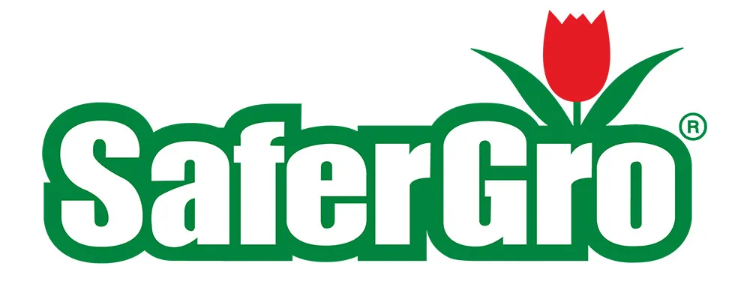Sustainable Gardening for The New Year - Mulch and Compost
In our new series of blogs, we will be discussing how to apply these practices to your own yards and gardens. Today we will cover how adding practices like mulch covers and composting can add to your gardens overall health and contribute to making your garden more sustainable. Sustainability is often most associated with the environment and has become a much talked about topic over the past few years. For a garden to be sustainable this means the gardener stived to use practices that cause no harm to the environment or its inhabitants. This includes things like growing your own food, utilizing water conservation, and using organic chemical-free methods all of which are benefits of composting and using mulch.
Compost
Composting is one of the best things you can do the environment and for your garden. The act reduces waste by utilizing your food scraps and turns those scraps into nutrient dense homemade fertilizer. Using it in your garden has many benefits other than providing healthy including aiding in water retention and drainage.

At home composting requires three basics: browns (dead leaves, branches, coffee grains, and twigs), greens (grass clippings, fruit and vegetable scraps), and water (see our last blog). By alternately layering these three basics in different sizes particles you can quickly cultivate your own NPK fertilizer. In your compost you can also add eggshells, teabags, nutshells, paper, cardboard, yard trimmings, hair and fur, cotton and wool rags, even dead houseplants.
Compost is typically tilled into the soil as a nutrient enhancing additive. Plants and soil-dwelling organisms like earthworms benefit from its nutrient-richness. These earthworms bore holes into the soil, keeping it loose and less compacted, allowing for the roots to easily spread out into the soil. Mature compost is usually dark brown in color and should have a pleasant, earthly aroma.
Mulch

Mulch is any material placed on the soil to help retain moisture and shade out weeds. Mulch can be made from anything such as wood chips, dead leaves, grass clippings, and shredded tires! Mulch can also help with improving soil quality by contributing nutrients to the soil and gradually breaking down over time. Mulch prevents frost in the winter and looks nice in the garden overall.
Compost Mulch

Compost with excess brown (twigs and branches) can be used as a mulch for no till gardeners and permaculturists. The use of compost mulch in garden beds or foundation plants helps to retain the moisture in the soil, protect plant roots from temperature fluctuations, has disease-resistant properties, and is a plethora of nutritional value for soil and plants. Adding a 2 to 3-inch layer of compost mulch to your garden beds and around landscape plants can add nutrients to the soil while shading out weeds. This truly combines the best of both practices.
Products

If your compost is taking longer than you’d like, consider OMRI listed BioAct® SD. A non-chemical product, BioAct® SD is a biological stubble digester that adds beneficial microbials to your compost to kick start the decomposition cycle. BioAct® SD’s diverse and abundant microorganism population speeds up the decomposition of difficult plant stubble and is considered a sustainable, non- hazardous, and an environmentally friendly product.
Conclusion
We are beginning the new year with advice on how to make 2022 gardening more sustainable and Earth conscious. Stay connected with us via Instagram and Facebook for upcoming blogs and product recommendations.
Share
